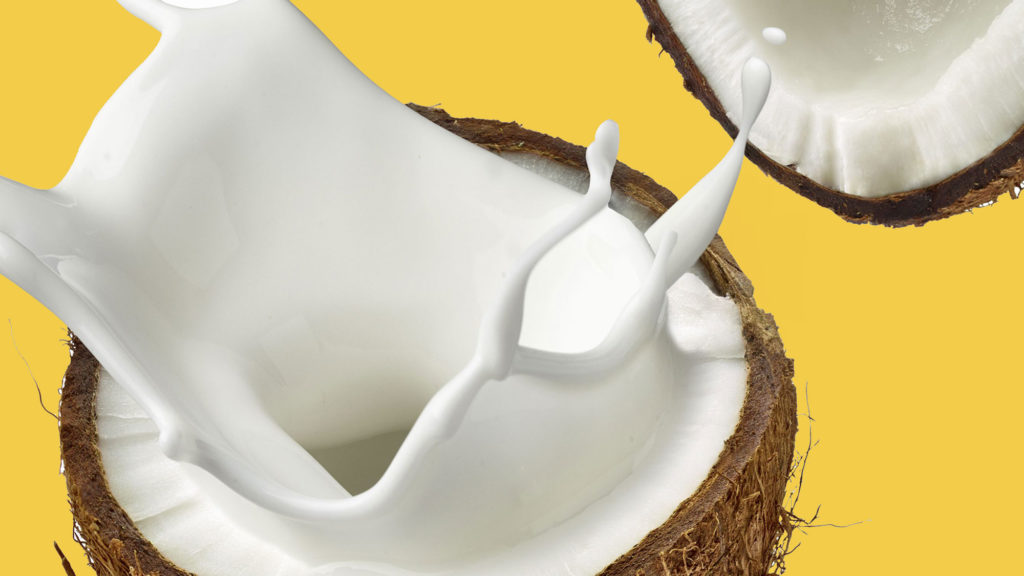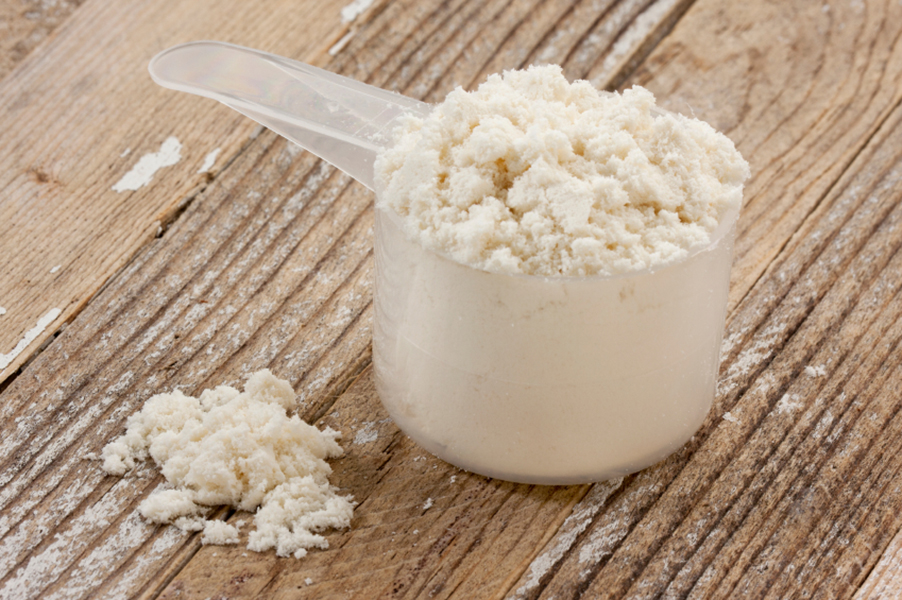In Defense of Coconut Oil

I have been getting so many questions and comments regarding USA Today’s article on coconut oil. So much so, I thought I would compile all of my thoughts into one post to live on this site, as opposed to my Instagram.
The headline: This article is total bullshit. And it’s actually really frustrating that something so viral is adding to an already inundated and conflicting industry. In health, fitness, and nutrition there is so much BAD information floating around it’s no wonder people are overwhelmed and don’t know how to maintain a healthy lifestyle.
If you haven’t read it go ahead and give it a good read, and have a good laugh while you’re at it! Then read the below for a quick breakdown and rebuttal.
The feature begins, “The Dietary Fats and Cardiovascular Disease advisory reviewed existing data on saturated fat, showing coconut oil increased LDL (“bad”) cholesterol in seven out of seven controlled trials. Researchers didn’t see a difference between coconut oil and other oils high in saturated fat, like butter, beef fat and palm oil. In fact, 82% of the fat in coconut oil is saturated, according to the data — far beyond butter (63%), beef fat (50%) and pork lard (39%).”
Okay. I don’t think anyone would ever disagree that coconut oil contains high levels of saturated fat. Like, duh. That’s what it is. However, total cholesterol levels are no longer a stand alone and conclusive indicator for risk of heart disease and stroke. There are many, many other factors including family history, age, gender and blood pressure that contribute to one’s risk for heart disease. Read more about that here.
The article then continues, “Because coconut oil increases LDL cholesterol, a cause of CVD [cardiovascular disease], and has no known offsetting favorable effects, we advise against the use of coconut oil,” the American Heart Association said in the Dietary Fats and Cardiovascular Disease advisory.”
Today, studies have shown that they’re two types of LDL – large fluffy particles and small dense particles. The small dense particles are associated with heart disease. If your LDL levels are high that’s not as alarming as the composition of the levels itself. A doctor and a blood test can get to the bottom of that for you. Read more here. Ultimately, a rise in LDL by saturated fat, like coconut oil, does not necessarily mean an increased risk for heart disease.
The AHA advises against the use of coconut oil but endorses General Mills Cocoa Puffs and Cookie Crisp cereal. Like, we can stop the discussion, can’t we? Both of which, calorically speaking, are 40% sugar. SUGAR, which is just as harmful to the body as cocaine. The AHA is just like any other organization. It’s looking to make a profit. Insert grain of salt (again).
Finally, the article concludes, “Still, it might not be a bad idea to opt for vegetable oils or olive oil.”
Olive oil, yes. Extra virgin, preferably. Vegetable oil?! Like, what the actual fuck. Most of the time vegetable oil is made with genetically modified ingredients, high temperatures which cause the ingredients to oxidize, and are then treated with chemicals to change color and remove odors, and there’s MORE. So, there’s that. To be clear, cold pressed coconut oil is considered to be a raw food. Raw food means not processed. To be clear.
I guess these alternative facts are just one more example you can’t believe everything you read on the internet. Weird!
That being said, in my opinion – side note, everything on this site is my opinion – people get themselves into trouble when introducing more fat into their diet because they consume fat with refined carbohydrates – which then turns into sugar. If you eat carbs and fat together, your body will digest the carbs and store the fat. If you’re going to have a high-fat diet, it needs to be supplemented with carbohydrates from vegetables, minimal grains, and high protein. Also, EVERYTHING you consume deducts from your caloric balance. IRL that means if you consume 1800 calories a day, and start your day with a 250 calorie Bulletproof coffee, that means you’ve got 1,550 calories left to consume the rest of the day. That’s math. And science.
If you have any questions, challenges or concerns, DM me on IG or comment below.







Hey Kate – thank you for posting this! I hate that sources we SHOULD be able to trust – like our national media outlets or The American Heart Association – post articles like this to confuse people even more about nutrition. I am a supporter of a high fat diet as well and agree that you still need to keep your caloric intake in check, even if you do consume the right kind of fats. I hope that more people read articles like this and realize the truth about saturated fats.
Thanks for the support girl, and thanks for reading! xo